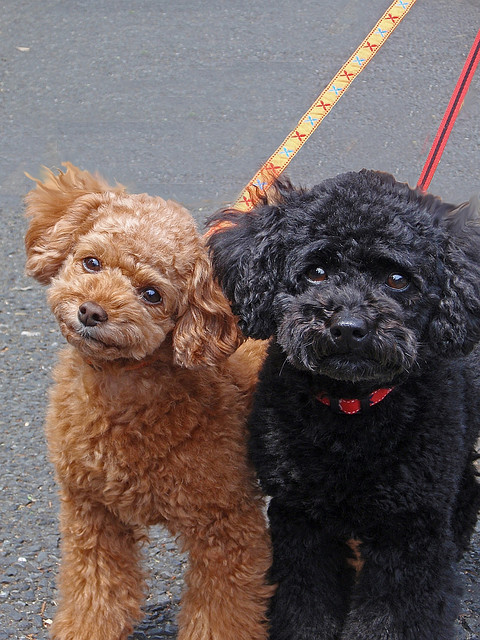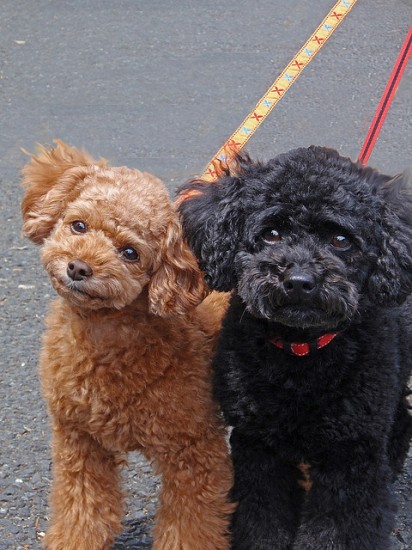Even seasoned communicators slip into a bad habit or two. And from time to time, we all make messaging missteps that we could easily avoid.
So, in this month’s Flashcard I tackle three of my top (small-scale) messaging pet peeves: Using too many acronyms—even familiar ones, overusing the passive voice, and forgetting to swap lackluster articles for powerful pronouns. (I call these “pets” because they’re some of my own worst habits—and they’re easy to fix!)
I’m not claiming that words are magic. Even when we use all the right ones we can’t solve all the world’s problems—obviously. But words do matter; and even the littlest ones can help your message hit home.
Quick Fixes for Messaging Pet Peeves
Acronyms. Stop using them. Even the most familiar ones—like the EPA—risk alienating. Polls show that the full name—Environmental Protection Agency—yields a bump in support.
Weed out the passive. You wield the power to name (and blame) bad guys or give heroes due credit—but only if you use active sentence construction. Think: Who did what to whom? (The climate is warming vs. We are warming our climate.)
Get possessive with pronouns. Instead of “the government” or “the climate,” try “our government” and “our climate.” Switch to pronouns like our, we, us, you, and your to make concepts less abstract and paint people into the picture.
If you’d like to go a bit deeper on these tips, here’s further reading:
- More on avoiding too many acronyms and other insider jargon.
- More on why and how to avoid overusing the passive voice.
- And more on the power of pronouns.
What are your messaging pet peeves? Send them my way.











d_niall
Underuse of exclamation points!!!!!!!!!!
You can never to many, IMHO!!! (Ooops, sorry for the acronym!!!) Especially if you’re trying to communicate impending doom!!!!!!!
d_niall
Also, mispelling the word “too”!
Georgie Kunkel
I don’t appreciate someone outside my control managing my conversations on Facebook. I Google myself and find my Facebook information. I prefer corresponding with people on personal email
and not interracting with hundreds of friends of friends of friends that I have never seen or probably never will see in person.
We have so many ways to communicate and rarely pay attention to them all.
SFBayLove
Our climate? Our government? We do not own these things. These things are not our possessions. Don’t get it twisted. Calling everything “ours” is anthropocentric, self-centered and just plain wrong.
Devin Derry
Good observation on acronyms, it’s something I often try to talk clients away from. Re: possessive pronouns, I don’t think it’s about ownership, so much as stewardship and encouraging people to feel empowered to make changes. Is that anthropocentric? Maybe, but if it get’s people more involved I’m ok with it.
Keith Barton
–Incorrect use of its and it’s
–Referring to bulk nouns with the modifier less. One has less flour, sugar, pollution or influence, but there are fewer people, bills, accidents and elections.
–There is now one space between sentences–not two.
–Blocks of text that the writer doesn’t break up with some white space (Skimming is epidemic and solid, long blocks of text make it much less likely that your reader will get to your message.)
–incorrect homonyms: two for to for too, your for you’re, aid and aide, I’ll and aisle and isle